By Cui Xiangguang from China News Service (CNS)
In 1600 AD, the Italian missionary Matteo Ricci and the Chinese scientist Xu Guangqi of the Ming Dynasty met in Nanjing, leaving behind a historical story of "East meets West".
The French sinologist Benoît Vermander came to China in 1987 as if to follow in the footsteps of Matteo Ricci, and he conducted field research and academic studies in rural areas for more than ten years. Vermander, who is now the academic director of the Xu-Ricci Dialogue Institute at the School of Philosophy at Fudan University, recently gave an exclusive interview to "W.E. Talk" of China News Service when he participated in the World Sinology Lecture cohosted by the Chinese Association for International Understanding and Beijing Language and Culture University in Beijing. In this interview, he offered his opinion on the topic of how to continue the dialogue between Matteo Ricci and Xu Guangqi.
Here are excerpts from the interview:
CNS: How did Matteo Ricci and Xu Guangqi meet? What kind of influence did they have on each other in this dialogue between Eastern and Western civilizations?
Benoît Vermander: Xu Guangqi and Matteo Ricci met for the first time in Nanjing in 1600, and kept in close contact with each other until 1607. During these seven years, they completed many translations between Chinese and Latin. It can be said that Matteo Ricci and Xu Guangqi accomplished the first profound Sino-Western dialogue in history, and they not only established a deep friendship but also exchanged information between the two different knowledge systems of China and the West.
Xu Guangqi and Matteo Ricci also collaborated on the translation of Euclid's Elements of Geometry. This book influenced the entire Chinese scientific community, not just the natural sciences. In Europe at that time, as the language that transcended language, geometry was universal. One could think about any question with the logic and deduction of geometry. This was one of Ricci's greatest contributions.
CNS: Matteo Ricci was one of the representative figures of missionary Sinology. What role did missionary Sinology play in the development of Western Sinology?
Benoît Vermander: Matteo Ricci completed the first-ever Latin translation of the Four Books and Five Classics, but unfortunately, it was never published. It was not until 1687, 77 years after Ricci's death, that the Jesuits published the first Latin translation of the Chinese classics, Confucius Sinarum Philosophus, based on the translations of Ricci and other missionaries to China.
More far-reaching than the work, however, was the spirit in which Matteo Ricci approached sinology. He patiently studied China and the Confucian classics, making an important contribution to the dialogue between China and the West. This attitude towards his studies influenced subsequent missionaries to China as well as generations of sinologists.
It should not be overlooked that Chinese civilization is a text-centered civilization. Since Western missionaries were in China, they had to read the classics. If they were not able to understand these classics, there was no way for them to gain a deeper understanding of the Chinese people with whom they were closely associated. Therefore, many missionaries read a large number of Confucian classics during their stay in China, like The Analects of Confucius, The Book of Rites, and The Mencius. Naturally, they also accomplished some translations, which was the beginning of missionary Sinology. In this process, the missionaries gradually discovered the unique oriental wisdom of the Confucian classics. When these Chinese classics were translated into Latin, French, German and other languages and spread to Europe, they objectively promoted the development of the European Enlightenment.
CNS: In France, you mainly studied political science and then switched to sinology. What made you interested in it? How did you form closer ties with China?
Benoît Vermander: When I was researching political science, I first learned about the concept of it in Chinese rituals and became interested in this.
I first came to China in 1987. Around that time, China had begun to rapidly develop and change. This changing China fascinated me, and I began to live in China and study sinology.
From there, I began studying Chinese language and literature, and "Discovering China" became my new academic research direction. In the process, I fell in love with Chinese calligraphy and painting. Now, ink and wash painting has become a part of my life.
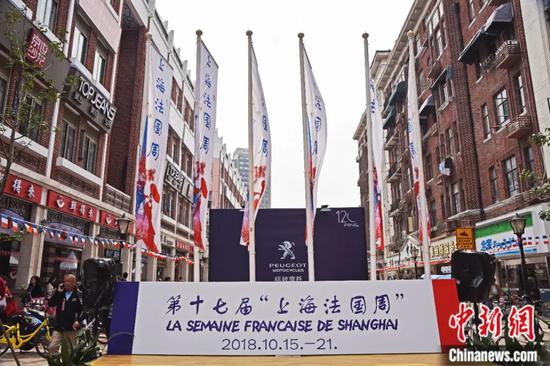
CNS: You have been living in China for many years. How do you see the development and changes in China in recent years? Please talk about your intuitive feelings on this.
Benoît Vermander: I started to work at Fudan University in 2009, and I have now been living in Shanghai for 14 years. The Expo Shanghai China was held here in 2010. With the slogan "Better City, Better Life", Shanghai has entered a brand new stage of metropolitan development, namely the coordinated development of human beings and ecology. It is very different from the large-scale expansive development at the end of the 20th century. Each metropolis has its own soul, and each soul has its own precious value.
CNS: You have been conducting field research in Sichuan for more than ten years. Did you meet your own “Xu Guangqi”?
Benoît Vermander: I did make many good Chinese friends, but I am not Matteo Ricci, and they are not my Xu Guangqi. For example, when I was studying Chinese painting in Sichuan, I met the painter Li Jinyuan, who is 77 years old this year – our friendship has lasted for more than 30 years. This is a very rare friendship. We have traveled to many places together to sketch, we have held exhibitions together and so on. At Fudan University, I also cooperated closely with my colleague Li Tiangang, the head of the Department of Religious Studies.
I started doing fieldwork in Liangshan Yi Autonomous Prefecture in Sichuan province in 1995, and I made a lot of Yi friends at that time. Nearly 30 years have passed, and their children have grown up. Some of them have been admitted to universities in Shanghai, and they will come to visit me at Fudan University. I also take care of them as my own children. It is an amazing feeling that the seeds of friendship planted back then have warmed two generations.
Emotionally, I think I may have enjoyed similar gains to Matteo Ricci - making friends is the most wonderful thing in one's life. Despite different languages, different philosophies and different experiences, we see the spark of friendship between us created by chance.
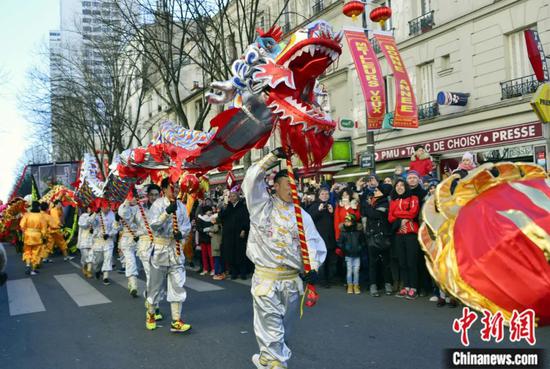
CNS: As a Master of Divinity from Fu Jen Catholic University in Taipei and a Doctor of Divinity from the Facultés Jésuites de Paris, you are currently focusing on the study of Chinese Confucian classics from a theological perspective. What do you think about Chinese Confucian classics from this perspective?
Benoît Vermander: Theology is the study of the existence and possibility of transcendence, which is a philosophical question. Generally speaking, transcendence concerns things that go beyond our daily experience and scientific knowledge. The term "transcendence" can involve a belief, such as the belief that the world was created from nothing by some external mechanism; or it can simply point to a question, such as why is there something rather than nothing? In the latter case, the quest for "something" inevitably leads to the search for "nothing". This is precisely the question that dominates Lao-tzu.
In The Analects of Confucius, "Confucius said, 'What does Heaven say? The four seasons are in motion and all things grow as usual. What does Heaven say?'" The question Confucius asked is arguably related to theology, i.e. whether or not "Heaven" would naturally manifest its powers. In different works of the Hundred Schools of Thought, some thinkers put forward the concept of Heaven and others observed Tao in their thought. The concept of Heaven includes two aspects: First, it refers to the mandate of Heaven or the will of Heaven, which involves Heaven's concern for human beings. For example, the saying in The Book of Songs: Qiao Yan, "The sky is high and far, just like human parents". Second, it refers to the maker of natural laws. The "heaven" in "What does heaven say?" belongs to the latter, and the concept of Tao can be said to be the systematization of this second aspect.
The concept of natural theology can be found in the Chinese Confucian classics: it is the opposite of revelation theology and refers to the knowledge of the Divine that man can attain by virtue of nature or reason. Although this is a concept within the Western theological tradition, the attitude and approach of natural theology is not unique to the Western thought. The ability of human beings to have a natural and inner awareness of things beyond empirical knowledge is in line with what Mencius expressed when he said, "If we can do our best, we will know our nature. If we know our nature, we know Heaven."
CNS: One of your research directions is how to promote dialogue between different wisdom traditions. How do you think the "wisdom" of the East and the West communicates?
Benoît Vermander: In today's society, all human beings are faced with common challenges, including ecological and environmental problems, and the crisis of terrorism. In the face of these challenges, different wisdom from the East and the West offers different solutions. Wisdom is a cultural resource, and it is a holistic concept, containing philosophical ideas, methods, and practical experiences. Wisdom is the repository of practical knowledge and behavior, and it enables us to cope with changing circumstances and their crises, thus ensuring the survival and well-being of our communities.
For example, Islam, Taoism, the Confucian tradition, Buddhism, Christianity and Hinduism each have a different way of looking at the relationship between humans and nature. If I belong to one of these traditions, learning about some of the others, or simply learning about one of the others, will enable me to interpret my own tradition differently. I will see some of the limitations of my own tradition as well as value its strengths and intuitions, and I will draw on how other people have read their traditions to re-interpret my own so I will end up with a new understanding of my own tradition, which will enable me to better mobilize its resources to respond to the current environment and its crises.
This perspective of the "other" is precisely the social role of sinologists, and the wisdom of the "other" contributes to our own progress.

About the interviewee:
Benoît Vermander is a French sinologist, a professor and doctoral supervisor of the Department of Religious Studies and the academic director of the Xu-Ricci Dialogue Institute at the School of Philosophy at Fudan University. His research interests include the anthropology of religion and comparative spirituality. He has published more than twenty books, including Dancing on the Bridge: Cross-cultural Encounters and Dialogue and Globalization and China, as well as more than 200 academic papers, including “From Civilization Genes to Contemporary Interpretation” and “Comparative Classics and Dialogues in Sinology”. In 2014, to mark the 50th anniversary of the establishment of diplomatic relations between France and China, he was named one of the 50 personalities having most influenced the dialogue between China and France in the last 50 years.








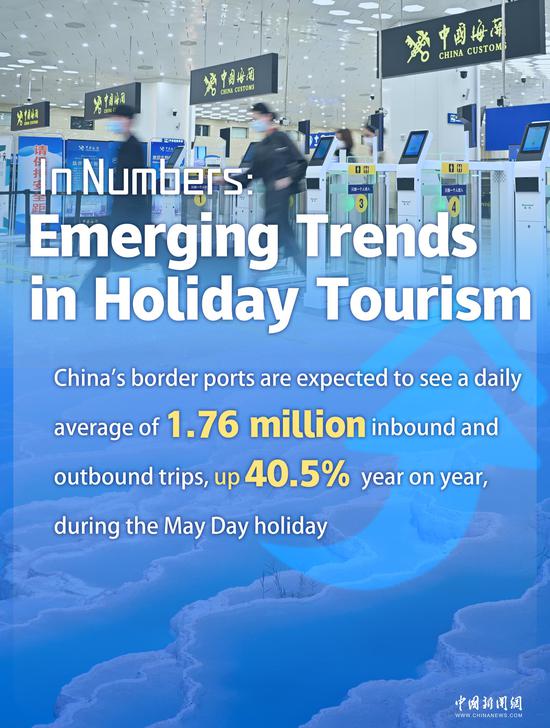

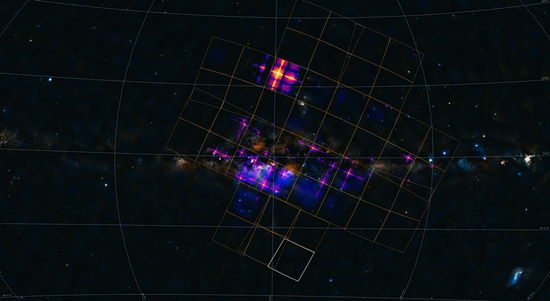
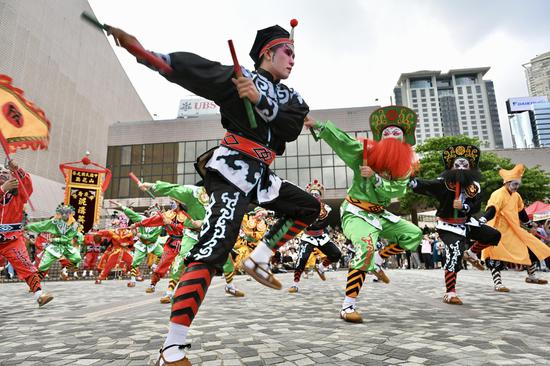

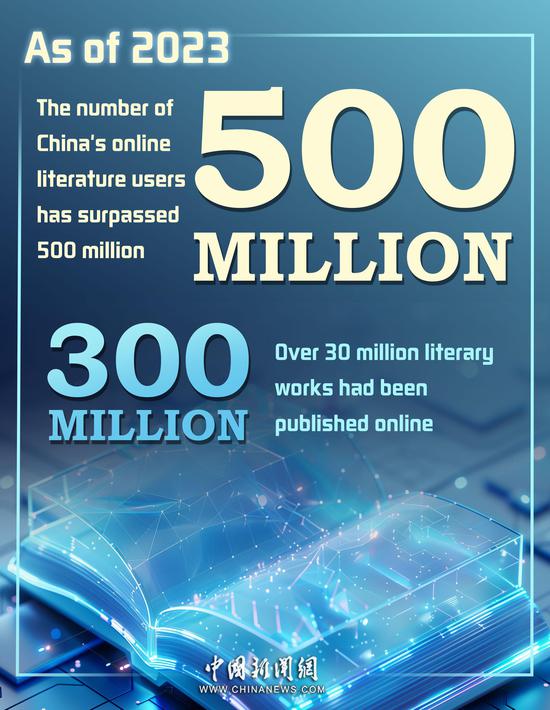
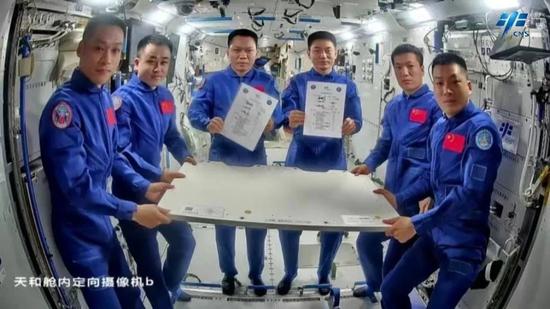

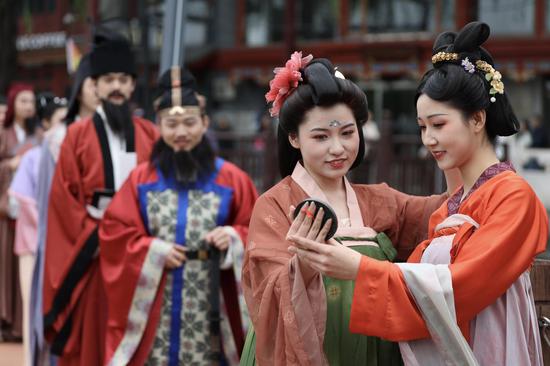
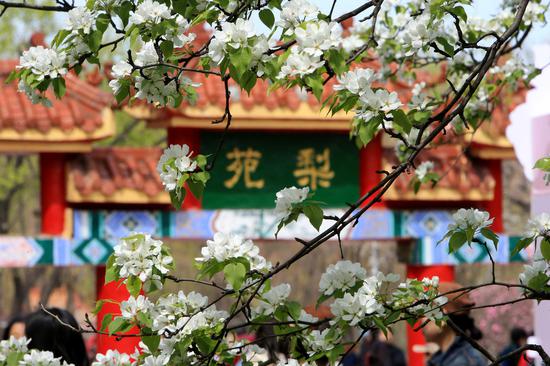
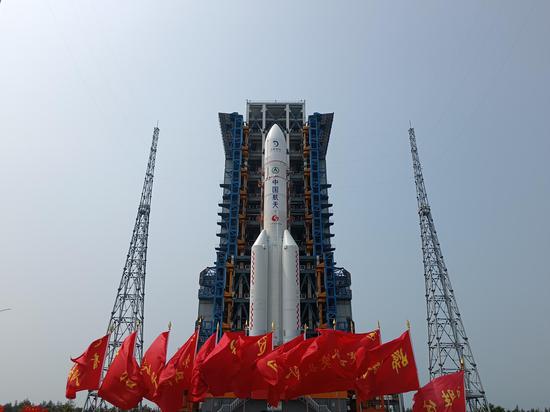


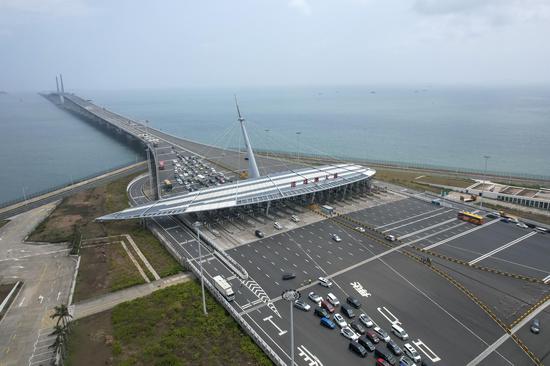


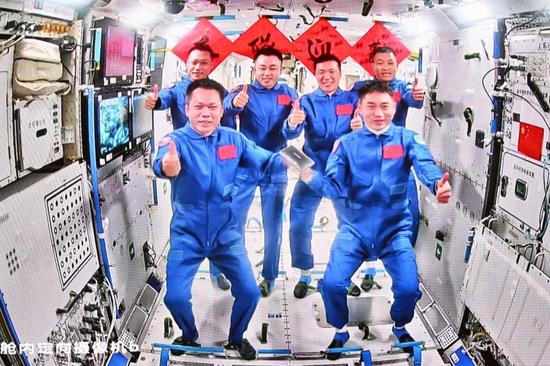


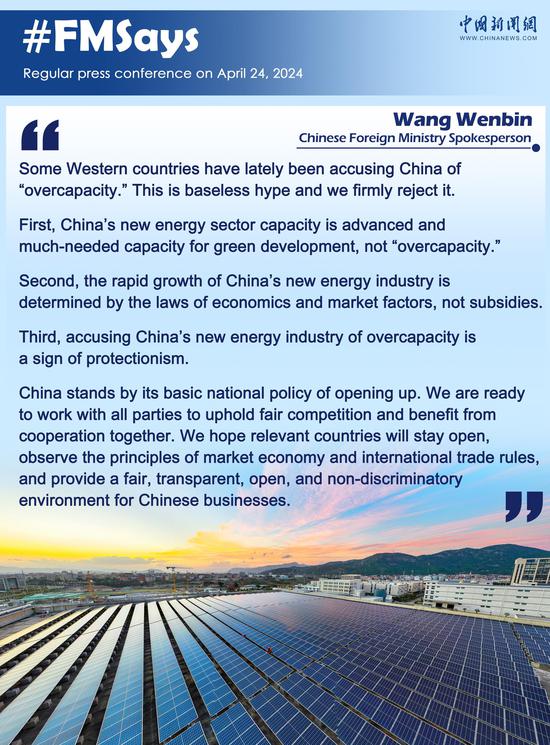
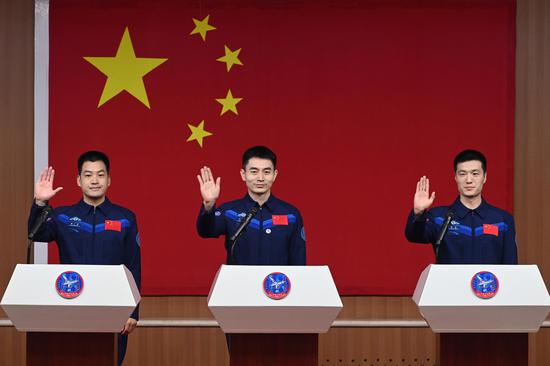
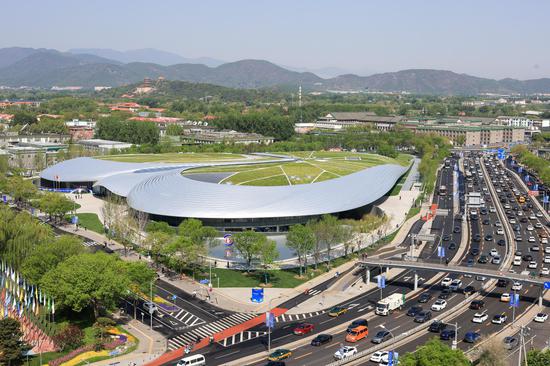
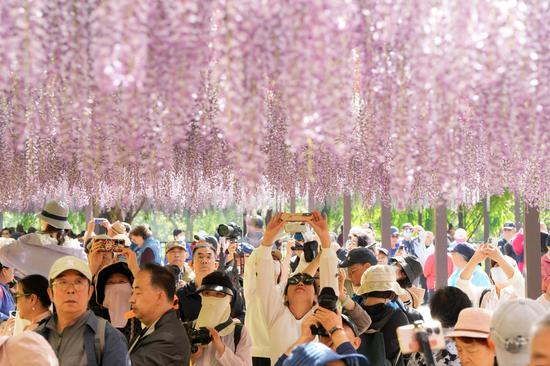
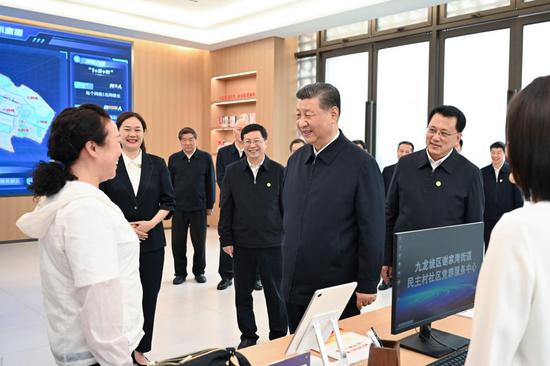
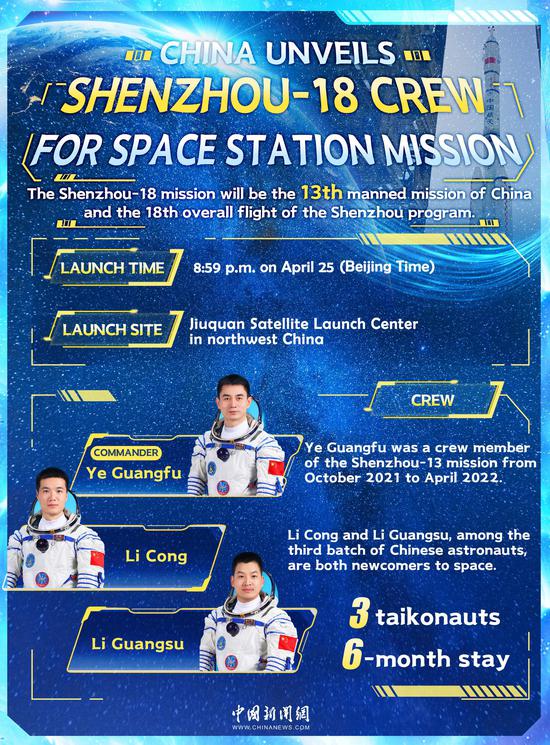
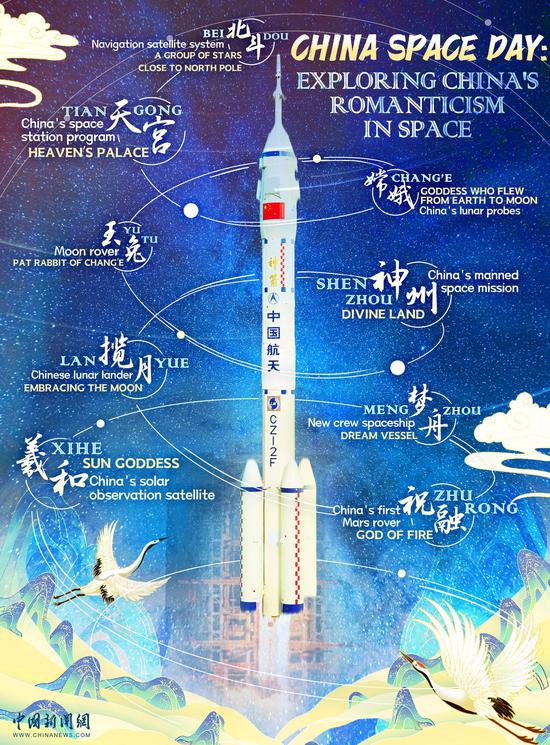
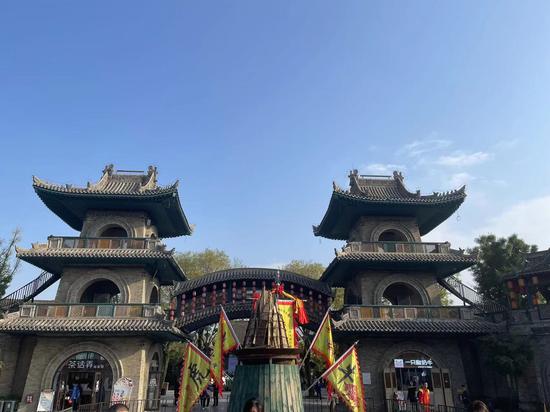

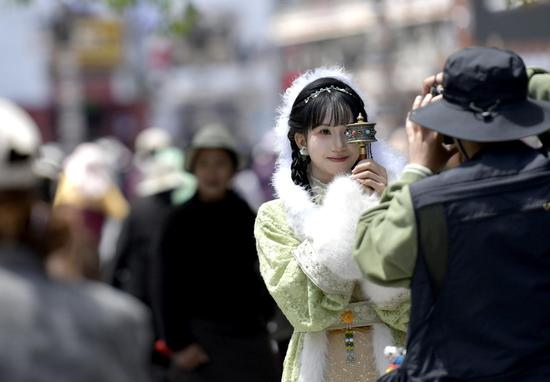

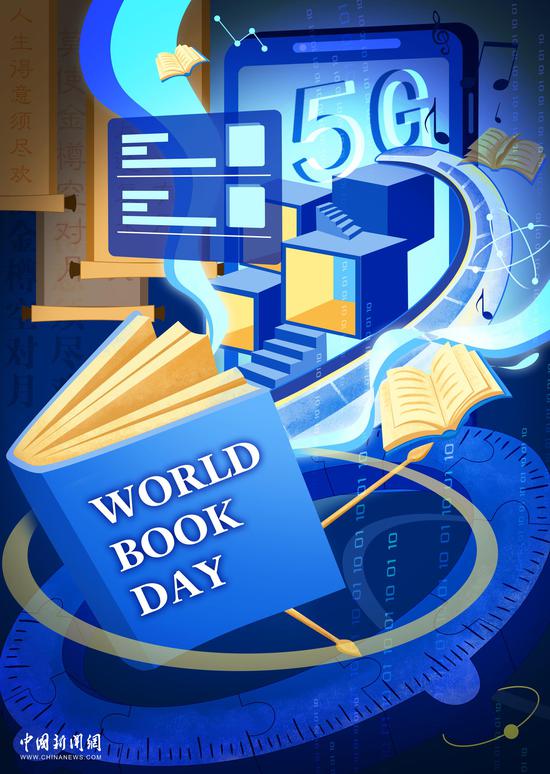

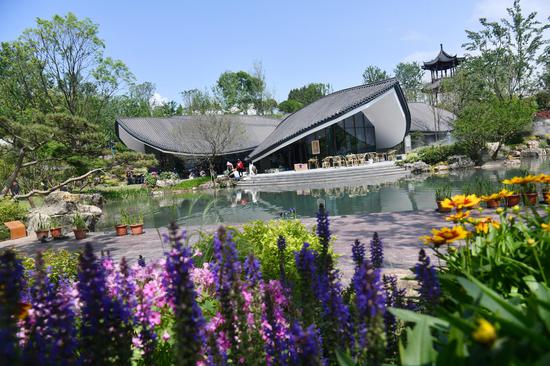


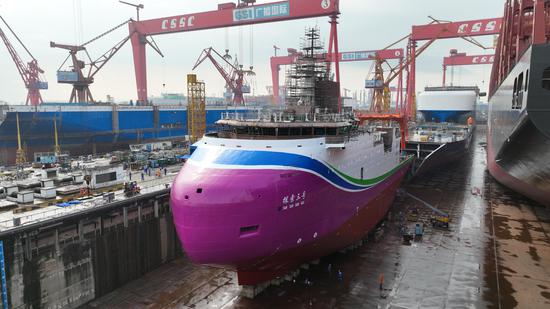






 京公网安备 11010202009201号
京公网安备 11010202009201号